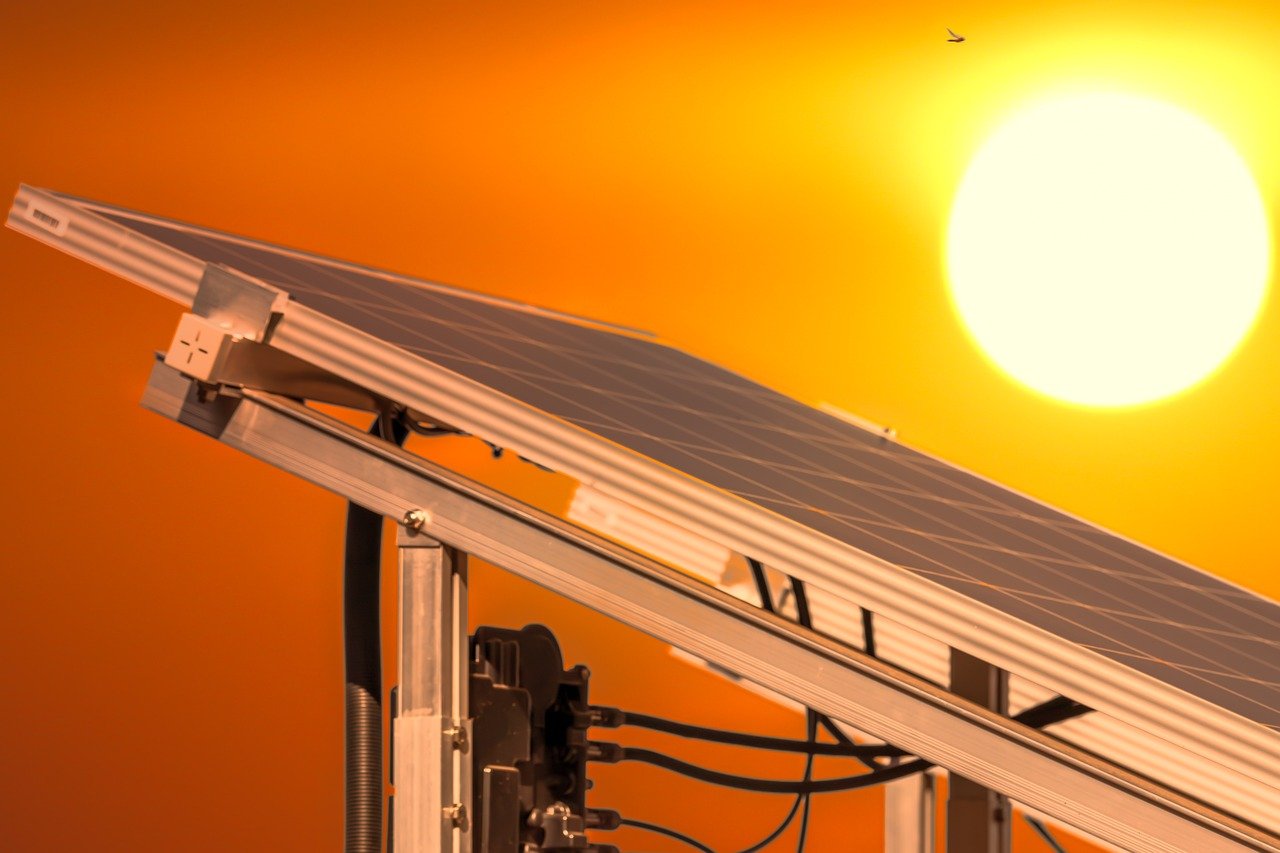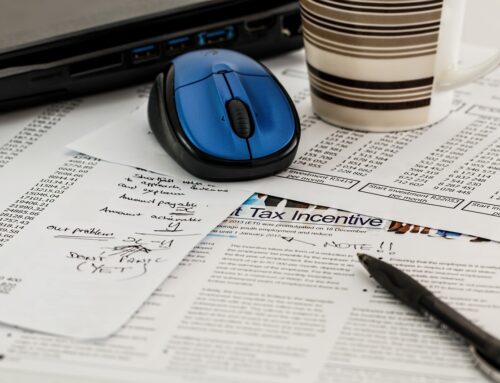
How Efficient Appliances Power Up Your Philippines Solar Dreams
Solar power sounds like a dream clean energy, lower bills, and less guilt about your carbon footprint. But before you jump in, it’s worth understanding what makes a solar setup truly efficient. It’s not just about slapping panels on your roof and calling it a day. There’s a bit more going on behind the scenes.
This section breaks down how sunlight turns into power, and what affects how much you actually get out of your panels.
How Solar Panels Turn Sunshine Into Electricity
At the center of any solar setup are the panels themselves. These are filled with tiny cells made from materials like silicon. When sunlight hits them, it kicks electrons into motion — and that movement is what creates electric power. Sounds simple, right? But here’s the thing: not all of the sunlight that hits your panels gets turned into usable energy.
That’s where panel efficiency comes in. A panel’s efficiency rating tells you how good it is at turning sunlight into power. A higher number means more energy from the same amount of sun.
What Affects How Well Your Panels Perform?
A few things can boost or limit your solar panel efficiency:
The Type of Panel You Use
Some panels — like monocrystalline ones — are known for being more efficient. Others, like polycrystalline, are usually a bit cheaper but may not perform as well. Newer tech usually means better results, but it also costs more.
The Quality of the Sunlight
Solar panels love direct sunlight. If your roof gets shade during part of the day, or if you live in an area with frequent cloudy weather, your output might dip a bit.
How Hot It Gets
It might sound weird, but too much heat can actually lower panel efficiency. Solar panels like sunshine — but not too much warmth. When they heat up too much, they don’t work quite as well.
Panels Are Just One Piece of the Puzzle
Panel efficiency is important, but it’s only part of the story. What really shapes your solar success is how you use the power you generate. That’s where your home’s appliances come into play — especially your fridge, aircon, and other energy-hungry gear.
The next section dives into how your everyday devices affect your solar setup — and how a few smart upgrades might help you stretch your solar power even further.
Want to Get the Most Out of Your Solar Power? It’s All in the Habits
You’ve got the panels. You’ve got the efficient appliances. Now it’s time to make sure your daily habits are working with your solar setup — not against it. A few smart tweaks to how and when you use electricity can make a big difference in how far your solar power goes.Run Big Appliances While the Sun’s Doing the Work
Your solar panels generate the most energy during peak daylight hours — usually from late morning through mid-afternoon. That’s the best time to run the heavy hitters like your washing machine, rice cooker, or blender.
Use Delay Start Features
Many washing machines let you schedule a start time. Load up your clothes in the morning, then set the cycle to run when the sun is strongest. That way, you’re tapping into clean, free power instead of pulling from the grid.
Skip the Dryer — Let the Sun Handle It
Dryers use a ton of electricity, and let’s be honest — the Philippine sun does a better job anyway. On sunny days, hang your clothes outside or set up a drying rack indoors near a window. It’s free, easy, and way more gentle on your clothes.
Keep High-Wattage Appliances Off at Night
Once the sun goes down, your panels stop producing power — and that means anything you run is coming from the grid. Try to avoid using high-energy appliances like electric ovens or air fryers in the evening.
Try Cooking Smarter
Batch cook meals during the day or use appliances that are more efficient, like pressure cookers or induction cooktops. They get the job done faster and use less energy.
Iron When the Sun’s Out
Ironing in the evening is a habit for many, but if you shift it to the afternoon, your solar setup can cover the load.
Unplug What You’re Not Using
Even when they’re “off,” electronics like TVs, game consoles, and chargers still sip electricity. It adds up. Make it a habit to unplug devices when you’re not using them — or better yet, plug them into a power strip and switch it off when not in use.
Go One Step Further With Smart Tech
Smart appliances are starting to become more common, and some can sync with solar usage patterns. For example, a smart fan can adjust its speed based on the room temperature and time of day, using just what it needs.
Smart power strips can cut off standby power to devices you’re not using, saving energy automatically. They’re not essential — but if you’re into tech, they’re worth looking into.
Making a few small changes in your routine can help your solar system stretch further. Next up, we’ll look at how to monitor your solar usage like a pro — so you can spot trends, track savings, and stay in control of your energy.
Why Your Air Conditioner Could Be Sabotaging Your Solar Setup
If you’re planning to install solar at home, it’s important to know where your electricity is going — and there’s one appliance that stands out above the rest: your air conditioner. It’s a lifesaver in the heat, but it’s also one of the biggest energy users in your home. And that means it plays a huge role in how big (and expensive) your solar setup needs to be.
Cool Air Comes at a Cost
Air conditioners are powerful machines. They’re designed to cool down your space quickly — but to do that, they draw a lot of electricity. The longer you run your AC, the more energy it burns through, which pushes your overall load higher and increases the size and cost of the solar system you’ll need to support it.
Today’s ACs Are Built to Save Energy
The good news? AC technology has come a long way. If you’re still using an older unit, upgrading could seriously cut your energy use — and your solar system cost. Here’s what to look for:
Inverter Tech = Smooth Power Use
Old-school air conditioners blast on and off, pulling a surge of energy each time. Inverter ACs run at a steady pace, adjusting their power based on the room’s temperature — and that means less energy wasted.
Variable Speed Cooling
Instead of one-speed-fits-all, variable speed units change how hard they work based on how much cooling you actually need. That saves energy during milder parts of the day.
Smart Controls That Work With You
Modern ACs often come with smart features — like remote access, timers, or scheduling — so you can avoid running them when you don’t need to. That helps cut down unnecessary usage and keeps your power bill lower.
Why Upgrading Your AC Is a Win for Solar
If you use a newer, more efficient air conditioner, you don’t need as much solar power to support it. That means:
Smaller System, Lower Cost
Less energy use means you might be able to install a smaller solar setup — saving you money upfront.
Better Solar Panel Layout
With a smaller system, you’ll need less roof space. That could give you more flexibility in how your panels are placed, which might even boost your solar production.
More Self-Sufficiency
A modern AC puts less strain on your solar setup, so you’re less likely to rely on the grid — especially during peak cooling hours.
Make Sure Your Solar Plan Accounts for Cooling
Before you go solar, take a close look at how often you use your AC — and what kind you have. Upgrading to a newer, energy-saving model might make a bigger impact than you think. When you talk to your solar installer, don’t forget to mention how often you use air conditioning and ask how a newer unit might help you downsize your system and save more over time.

















